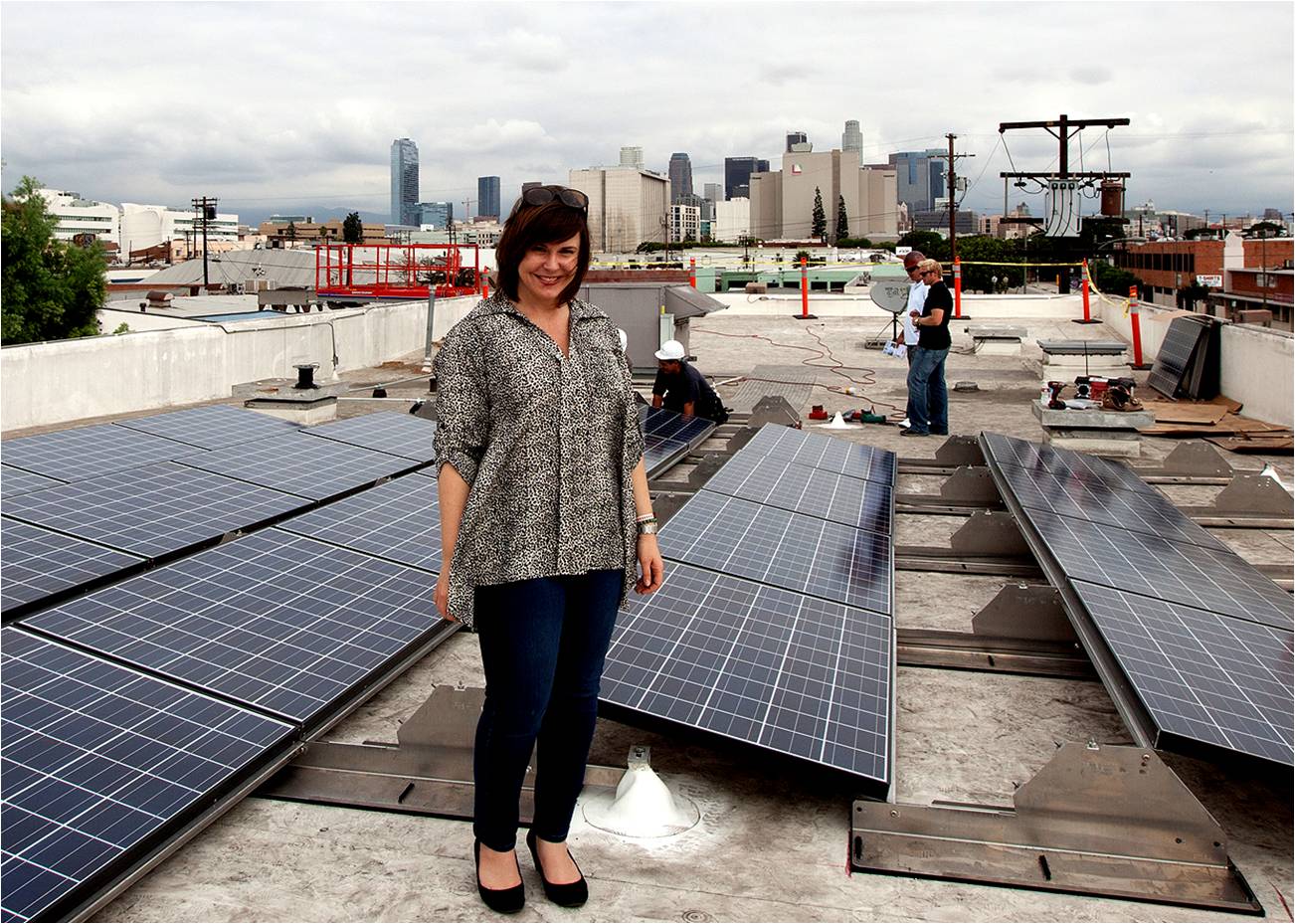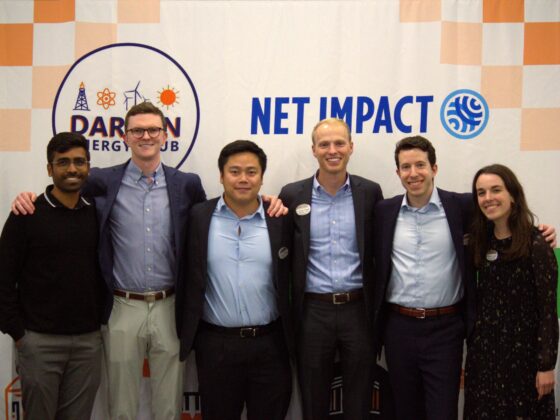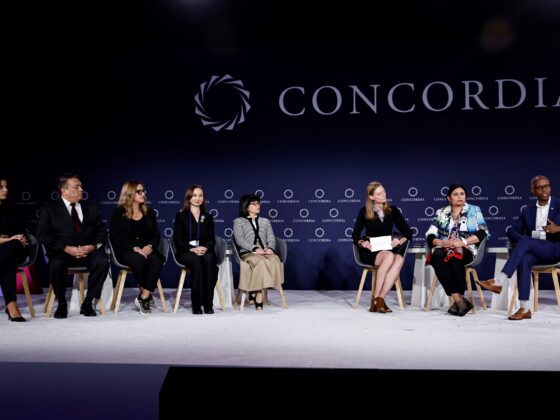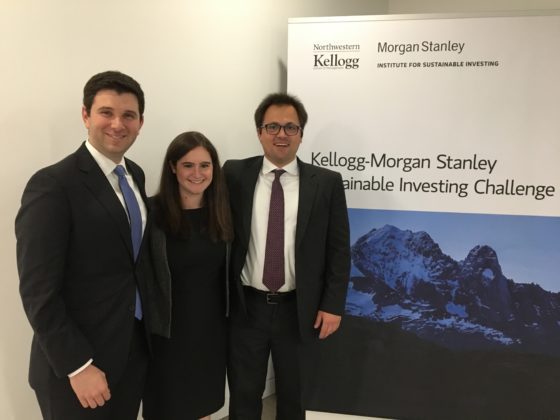Newly published cases on Wells Fargo‘s decision about potential adoption of solar energy for its Los Angeles branches are now available at Darden Business Publishing. Authors and guest bloggers Anton Ovchinnikov and Sheri Lucas provide insight into their thinking behind developing this case.
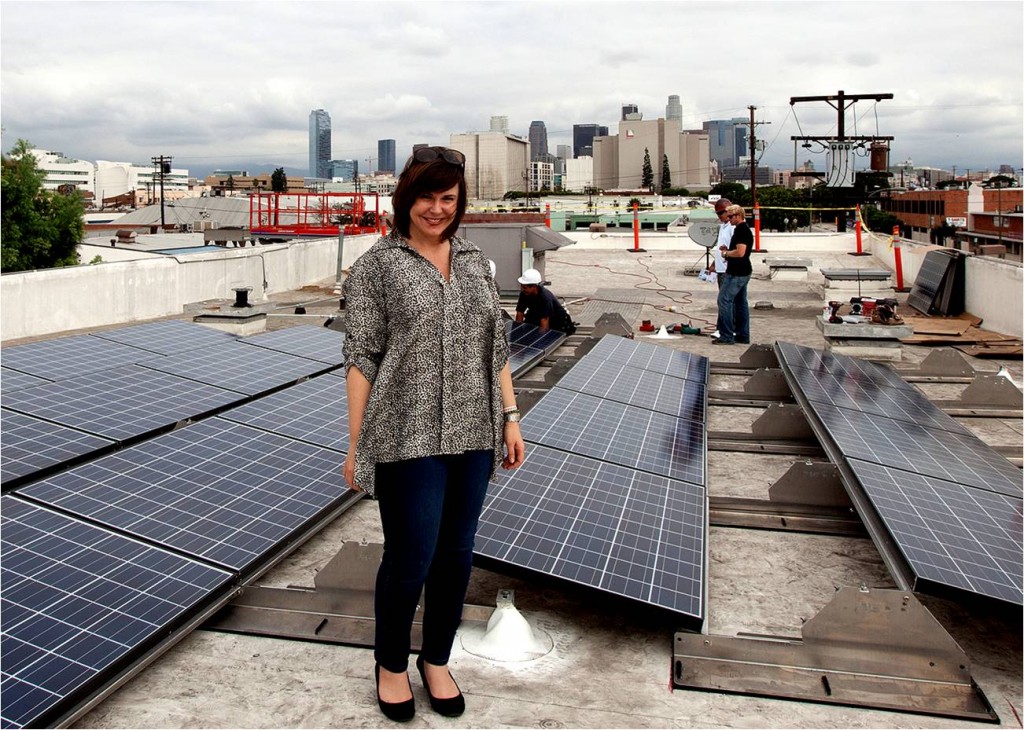
Photo by Ted Swiet
Anton: In my mind this case provides a great example of “walking the talk” in sustainability. Indeed, if Wells Fargo finds it profitable to lend money for others to install renewable energy capacity, then why wouldn’t it put solar panels right where its own business is: on the rooftops of Wells Fargo branches? This is basically the decision that Shari Lucas, a strategic finance manager at Wells Fargo and Darden EMBA’13, has to make as she is evaluating the economics of installing solar panels “on top” of three branches in LA.
This two-case series, written by Anastasiya Hvaleva, a research assistant, and myself, based on Sheri Lucas’s action learning project, exposes students to the various details of solar power projects, starting from the physics of how it works, through the various market structures and government incentives, all the way through the specifics of the Wells Fargo situation. The (A) case asks students to evaluate the “base case” scenario, and the (B) case introduces an unexpected twist – a change in the incentive structure which had nearly derailed the project. We have not used the case in the classroom yet, but I envision that it will be very helpful in discussing the economic analysis of renewable energy projects and various tools and concepts that feed into such analysis: time value of money, tax incentives, amortization, decision trees, and some others.
The case series will also be supplemented by a number of video-clips with Sheri Lucas and myself, stay tuned for when they become available.
Lastly, and I think very importantly, after considering all the pros and cons much along the lines as described in the case, Wells Fargo is now installing the solar panels on these branches’ roofs! I think this is a great story of how a commitment to sustainability married with sound economic analysis produces a result that improves business and society.
Sheri: Going through that process, from financial analysis to site selection and installation put me in the shoes of our customers. A typical commercial project is much larger than the projects described in the case. The size of the LA project systems are much more in line with a residential job. This is one reason you don’t typically see a small retailer with a solar panel system on its roof. We were one of the first – if not the first – retailers to undertake this system size. The economics aren’t as clear as they might be for a larger sized system – payback might take a bit longer because the system is not large enough to cut the building’s total energy use. In some cases you have to get creative and in others you are dependent on the local incentive structure. Going this route takes a leap of faith on the part of decision-makers as well as perseverance and patience on the part of managers like myself who want to see projects like this go through.
The plot twist that Anton describes really did happen. All of the work I had undertaken to prove the economics went out the window because now we had the added dimension of time. With that, it was really difficult for me to explain the new economics to the region decision-makers.
Fortunately, at this time I was in Anton’s class learning about decision analysis where I was introduced to a very effective way to explain the new economic structure. This was my inspiration for the Action Learning paper that subsequently evolved into this case thanks to Anton and Anastasiya.
Bios of Our Guest Blog Contributors:
Anton Ovchinnikov is an Assistant Professor at the University of Virginia’s Darden School of Business. He teaches courses in Decision Analysis and does research in applying rigorous analytical models to problems in business, government and nonprofits. A native of Russia, Anton is at Darden since 2006; before that he worked in Germany, the Netherlands, Russia and Canada in the area of commercializing high-tech developments and co-owned a business in industrial and architectural design. Additional information is available on Professor Ovchinnikov’s website: www.antonovchinnikov.com
Sheri Lucas is a Strategic Finance Manager for the Strategic Planning Group in Wells Fargo’s Community Bank where she finds creative solutions to help further Wells Fargo’s position as a top innovator in distribution and services. Prior to this role she was the Director for Sustainable Development, Operations, and Maintenance where she lead enterprise-wide efforts to increase the sustainability of Wells Fargo’s retail banking footprint, reducing the bank’s environmental impact and increasing goodwill in the communities they serve.

